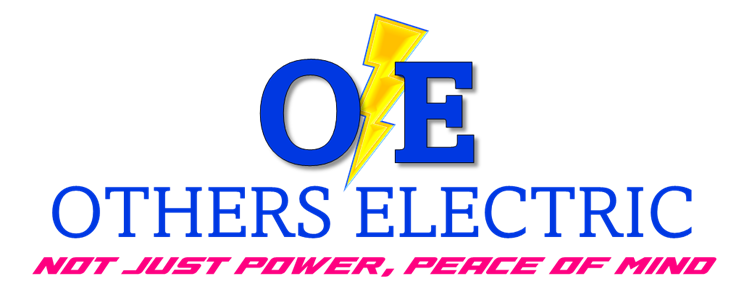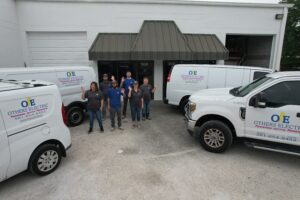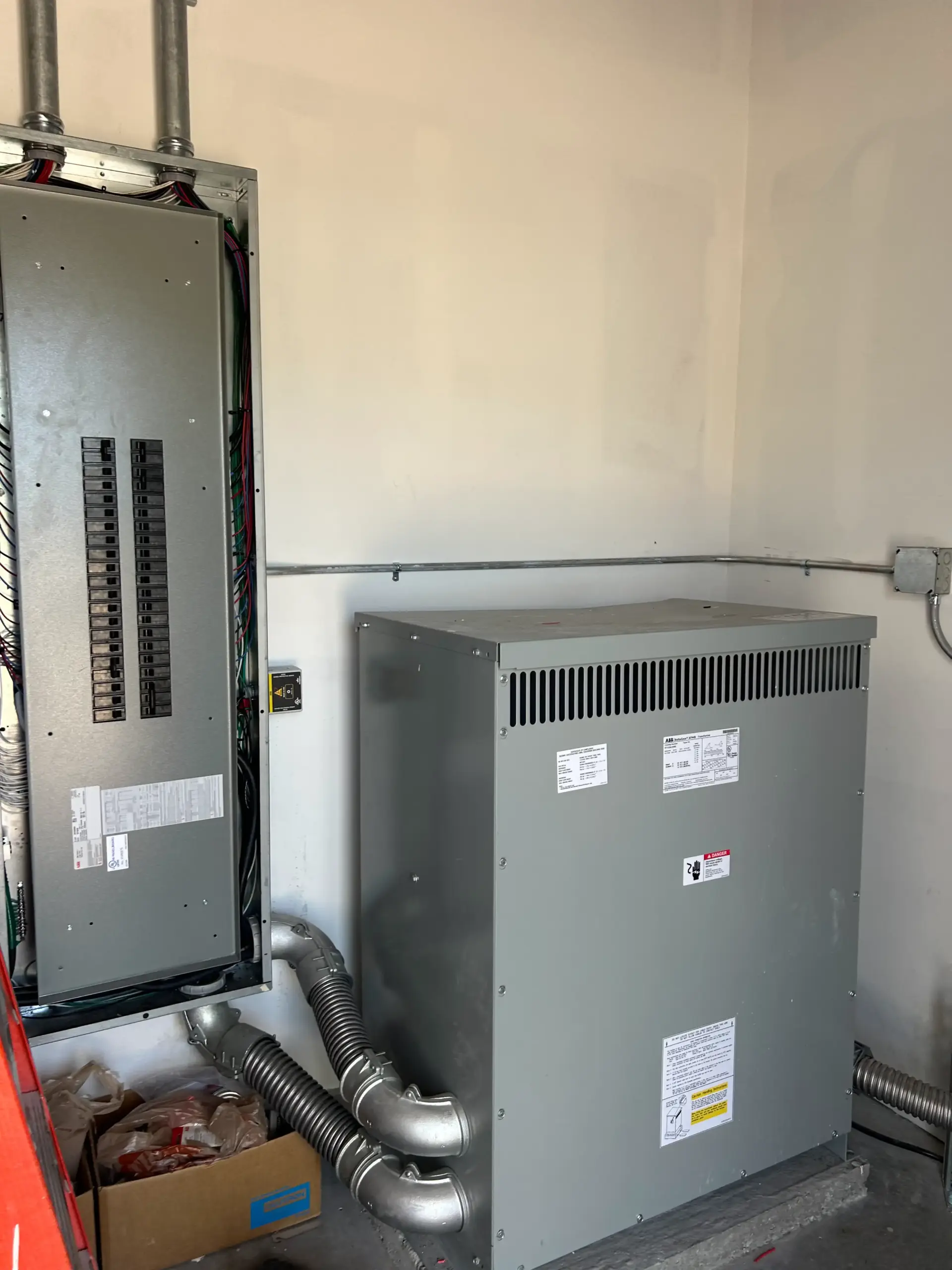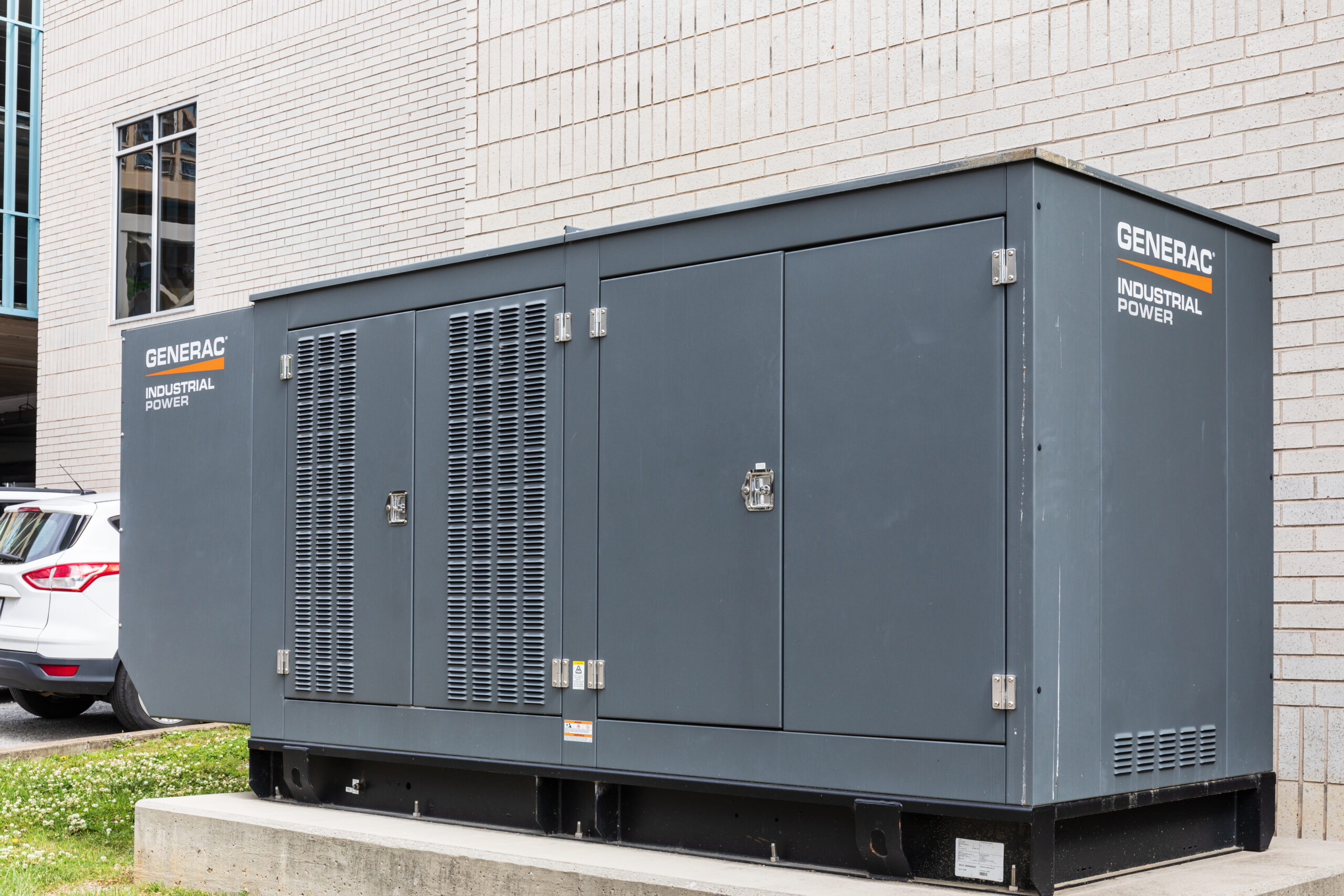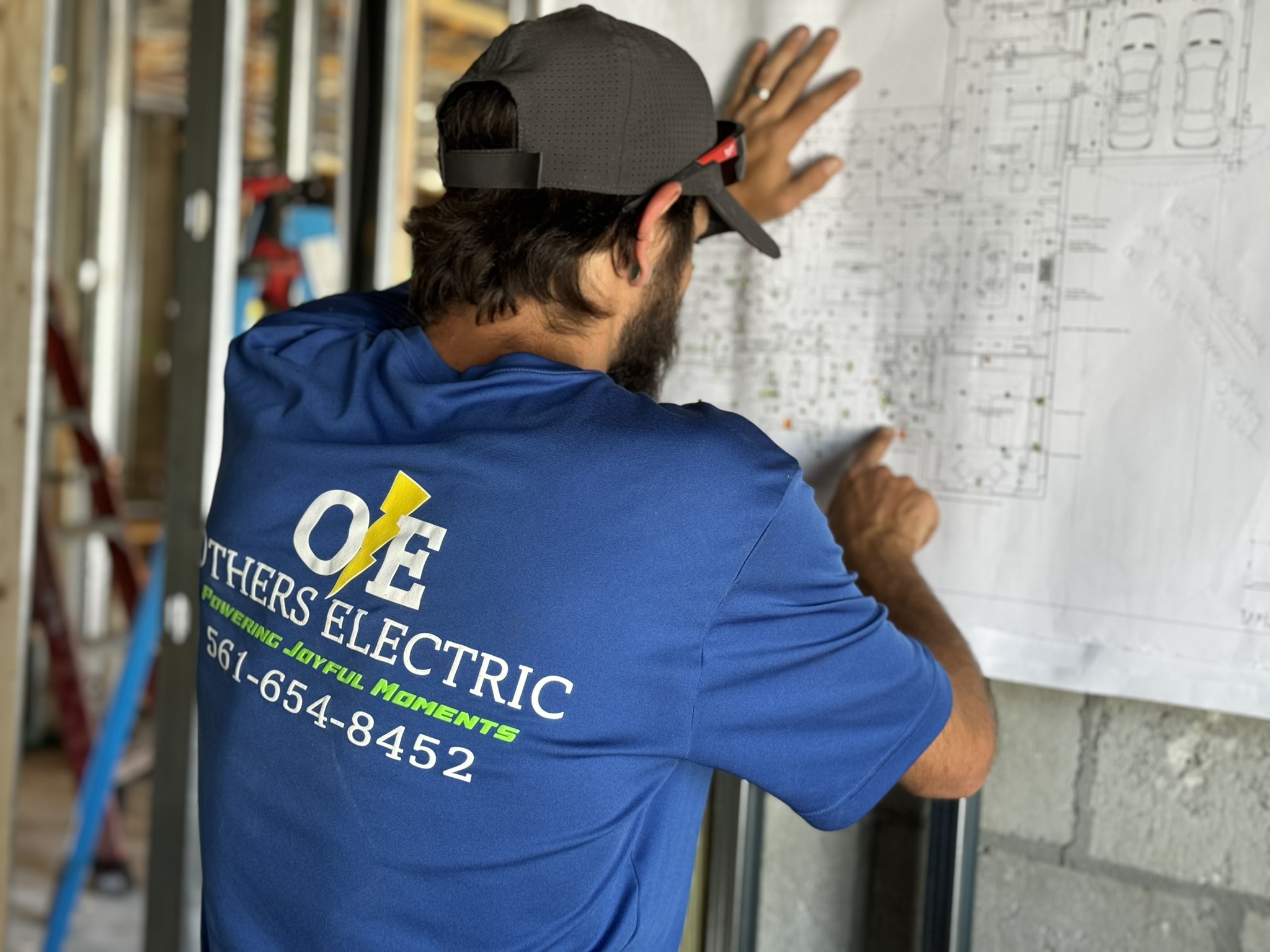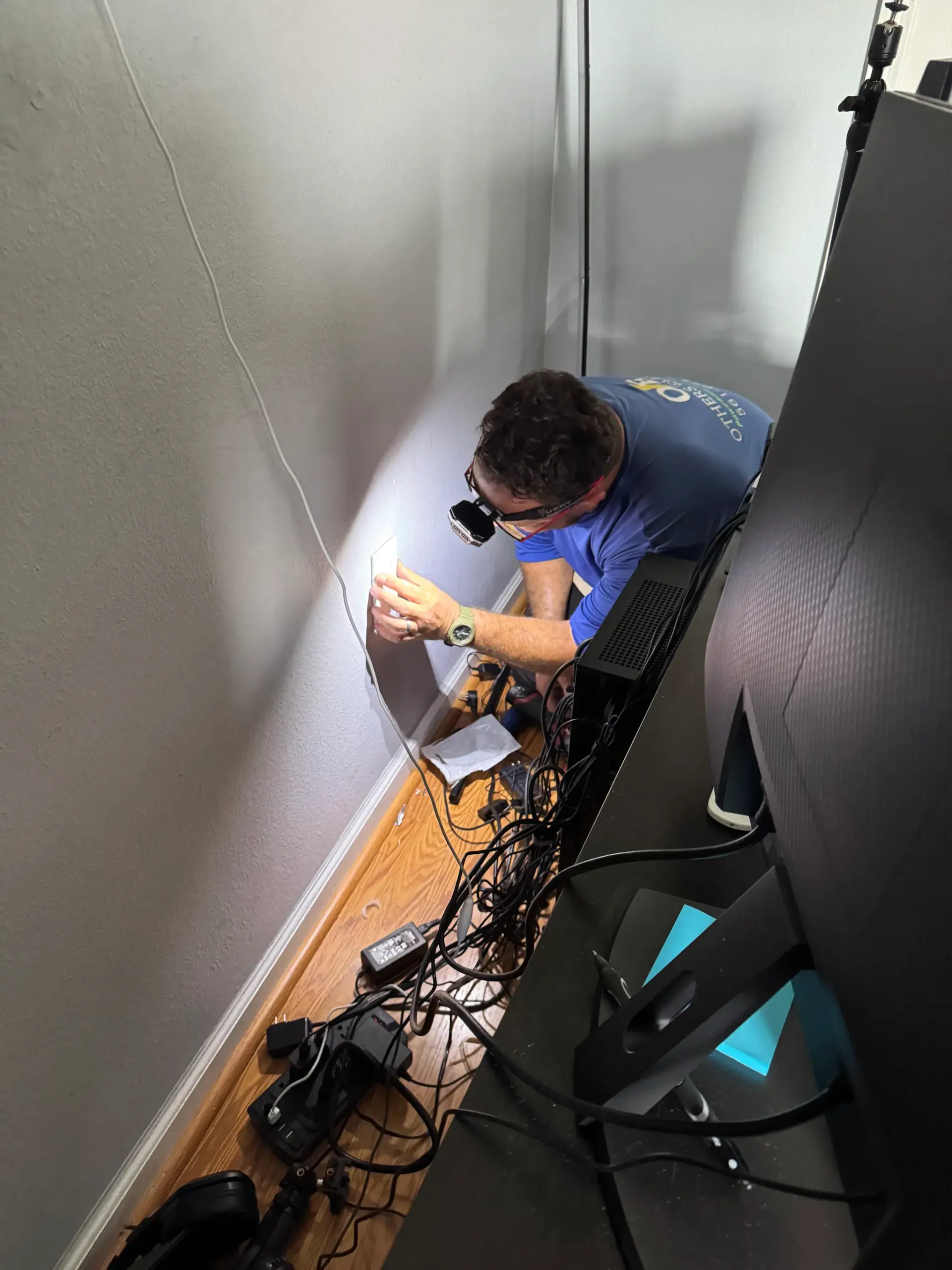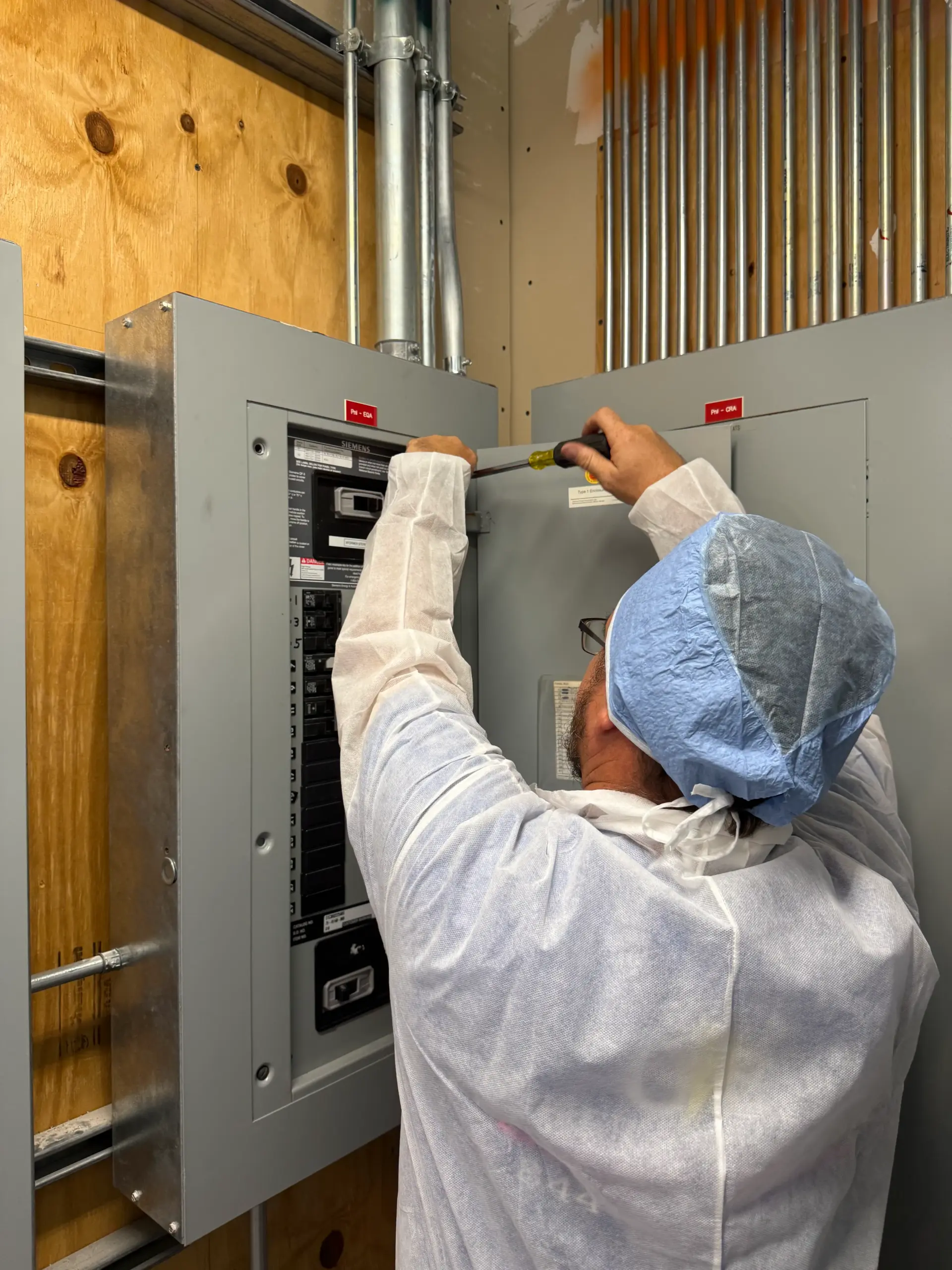In the electrical services world, the term “commercial electrician” frequently comes up—but what is a commercial electrician, exactly? Unlike residential electricians who handle home-based systems, commercial electricians focus on the design, installation, maintenance, and repair of electrical systems in commercial properties. From retail stores to high-rise office buildings, commercial electricians are the experts who ensure power flows efficiently and safely across large and often complex infrastructures.
In states like Florida, where thriving commercial centers coexist with storm-sensitive coastal zones, commercial electricians are essential to both daily operations and emergency preparedness. Their work impacts the safety, efficiency, and functionality of modern commercial environments in ways many people don’t immediately recognize.
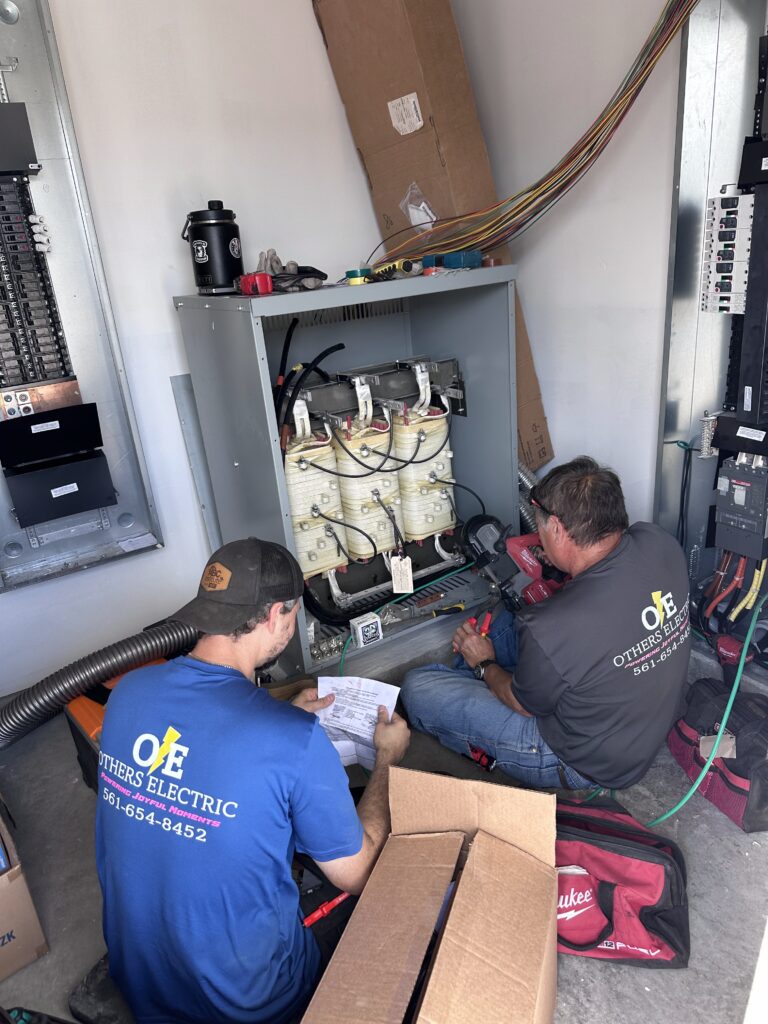
Understanding the Scope of Commercial Electrical Work
So, what is a commercial electrician in terms of their responsibilities? These professionals deal with high-capacity electrical systems designed for public or business use. They handle everything from installing lighting systems in office complexes to maintaining the wiring infrastructure in hospitals, schools, restaurants, and shopping centers.
Commercial electricians must understand how to work with three-phase electrical systems, which are standard in commercial settings due to their ability to deliver more power efficiently than single-phase systems. Their expertise extends to backup generators, electrical panels, HVAC wiring, fire alarms, and building automation systems.
The scope of their work often involves adhering to advanced codes and regulations. Florida, for example, has its own state-specific amendments to the National Electrical Code (NEC), requiring commercial electricians to stay continually updated with training and certifications.
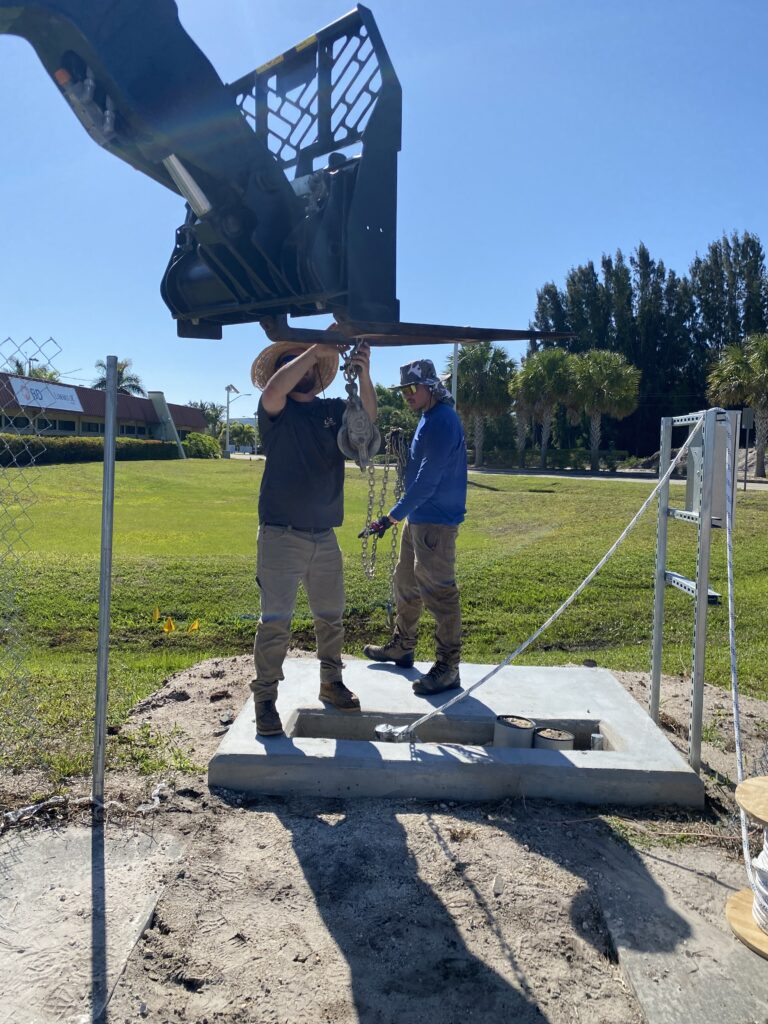
Training and Qualifications
To become a commercial electrician, one must usually complete a formal apprenticeship program, which includes both classroom instruction and on-the-job training. This can take four to five years, after which an electrician may become licensed to work independently.
In Florida, licensure is governed by the Florida Department of Business and Professional Regulation (DBPR), and commercial electricians may require additional certification depending on the municipality. Continuing education is also mandatory, especially in a state where hurricane resilience and green energy initiatives regularly update local building codes.
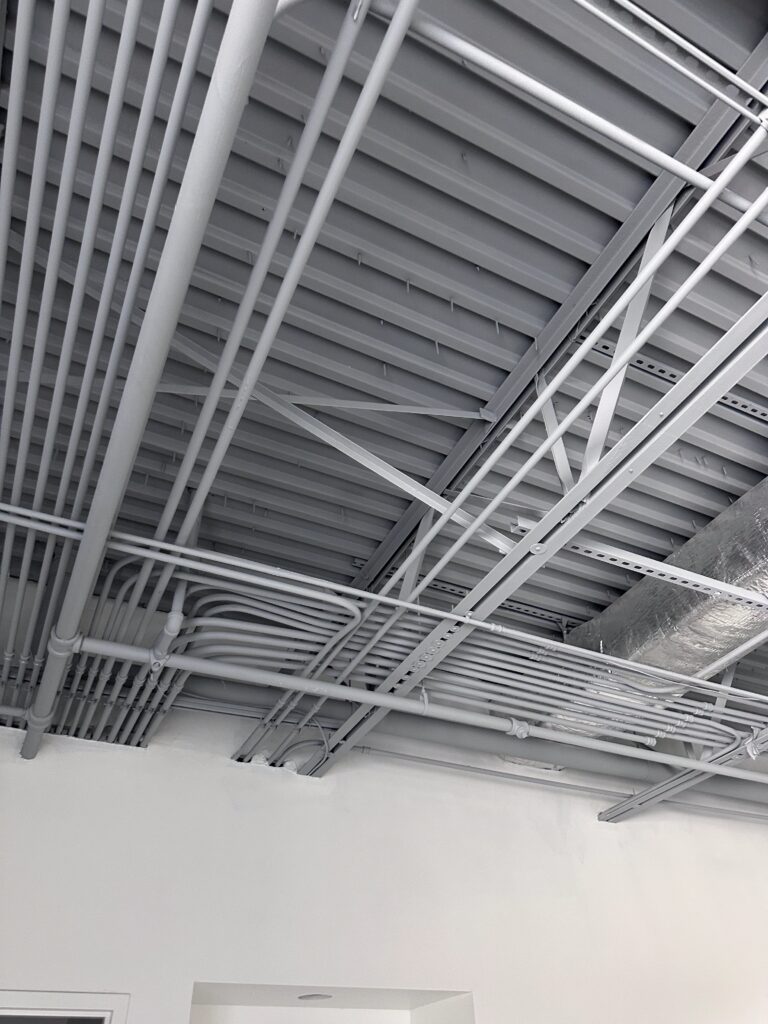
Work Environments and Challenges
When asking what is a commercial electrician, one must consider the environments they work in. Unlike residential electricians who mostly work indoors on existing structures, commercial electricians often work in new construction, large-scale renovations, or exposed conditions like outdoor shopping plazas and industrial warehouses.
These environments bring unique challenges. Commercial electricians often work at heights, operate heavy-duty tools, and must coordinate with architects, contractors, and engineers to ensure systems meet design and safety specifications. They might also be on call during storm seasons to repair damaged electrical systems or install backup generators in high-risk areas.
Florida’s tropical climate adds another layer of complexity. Humidity, salt exposure near coastlines, and high winds during hurricane season mean commercial systems must be designed and installed with resilience in mind. That’s why professional companies like Others Electric are essential in ensuring commercial systems are weather-resistant and code-compliant.
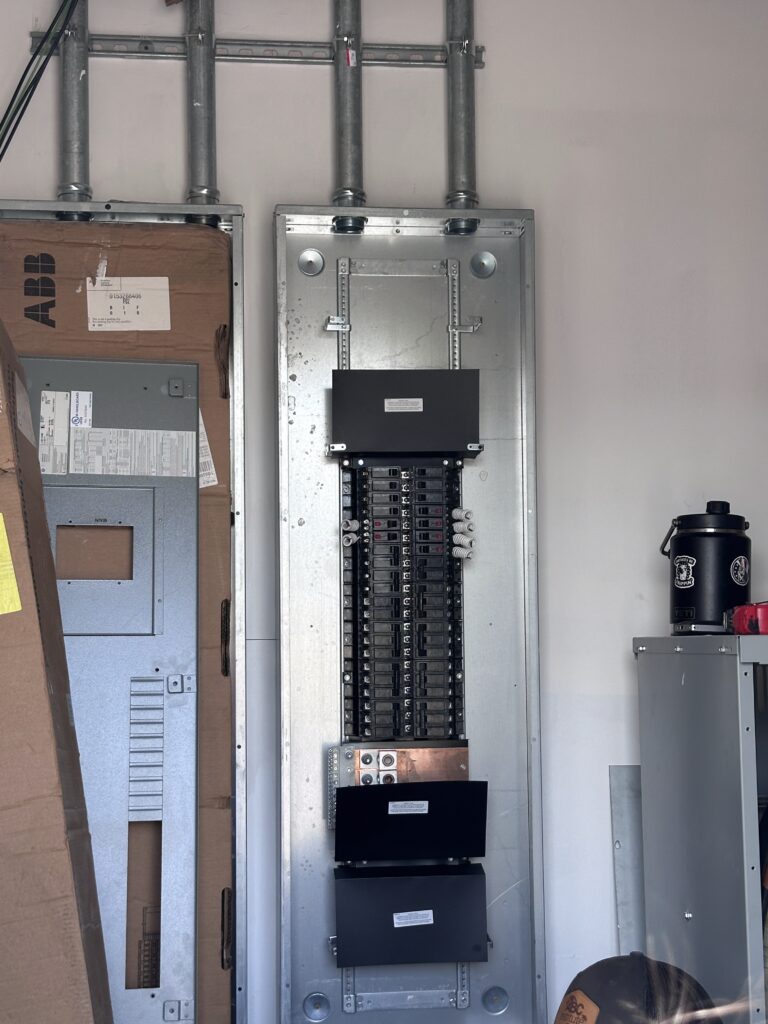
The Importance of Safety and Compliance
Safety is at the core of a commercial electrician’s responsibilities. They must follow strict safety procedures, use protective equipment, and perform system testing to avoid hazards like electric shock, fire, or overloads.
Every installation must comply with federal OSHA regulations and state-level building codes. Inspections are routine in commercial settings, and failing to meet standards can result in serious fines or project delays. For instance, the Florida Building Code mandates specific installation methods, wiring materials, and grounding techniques in commercial buildings to withstand both day-to-day wear and storm conditions.
The Electrical Safety Foundation International (ESFI) underscores the importance of hiring licensed professionals for commercial electrical work due to the complexity and risk involved. Attempting do-it-yourself electrical work in commercial settings is not only dangerous but often illegal without proper permits.
Common Systems Serviced by Commercial Electricians
Commercial electricians work on a wide range of systems including lighting installations, energy-efficient retrofits, parking lot lighting, circuit breaker panels, and server room wiring. They are also key players in the growing field of smart building technology, which involves integrating control systems for lighting, HVAC, and security into centralized platforms.
In areas like Florida, they also play a role in surge protection, especially during hurricane season. A commercial electrician may be responsible for installing transient voltage surge suppressors (TVSS) to protect expensive equipment like computers, medical devices, or manufacturing machinery.
Many commercial electricians also install and maintain emergency power systems, ensuring seamless transition to backup power when outages occur. These systems are especially critical in hospitals, senior living centers, and government buildings, where losing power could be life-threatening.
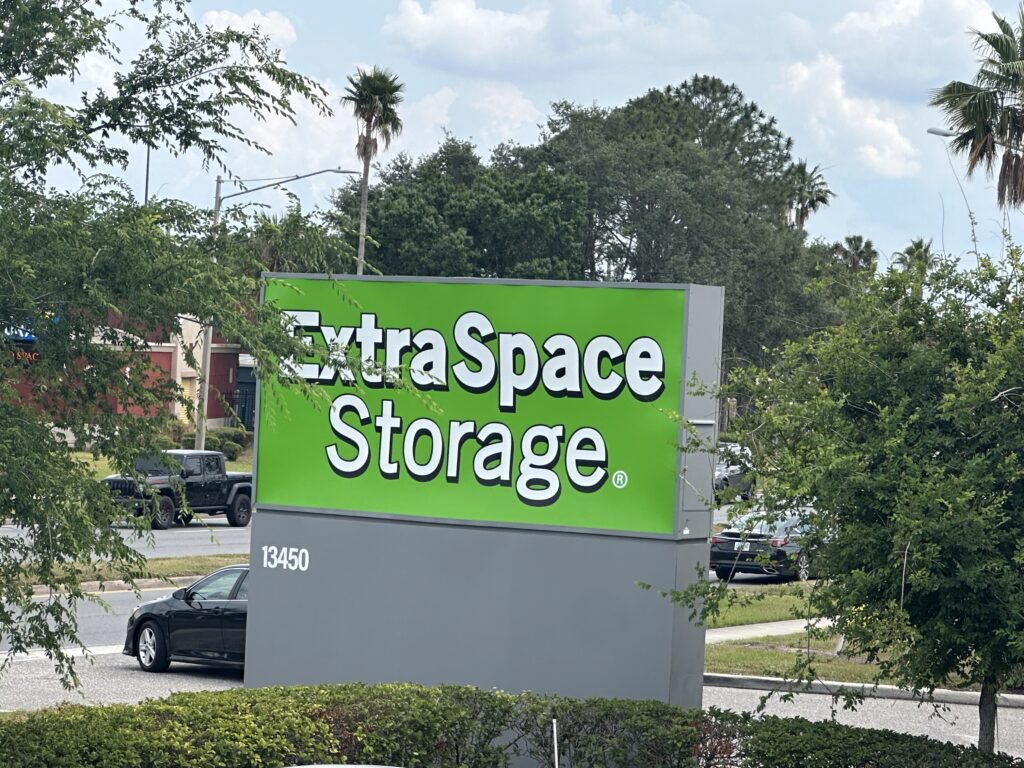
Future Trends and Opportunities
The commercial electrical field is evolving rapidly. As buildings become smarter and more energy-efficient, commercial electricians are adapting to work with advanced systems, including solar energy integration, battery storage, and electric vehicle (EV) charging infrastructure.
Florida, which ranks among the top solar-producing states, is seeing increased demand for electricians skilled in renewable integration. These roles will only expand as more businesses adopt sustainable energy strategies.
Additionally, the rise of data centers, e-commerce warehouses, and high-density mixed-use developments continues to increase demand for commercial electrical expertise. Electricians with specialized skills in network cabling, security systems, and energy management technologies are especially in high demand.
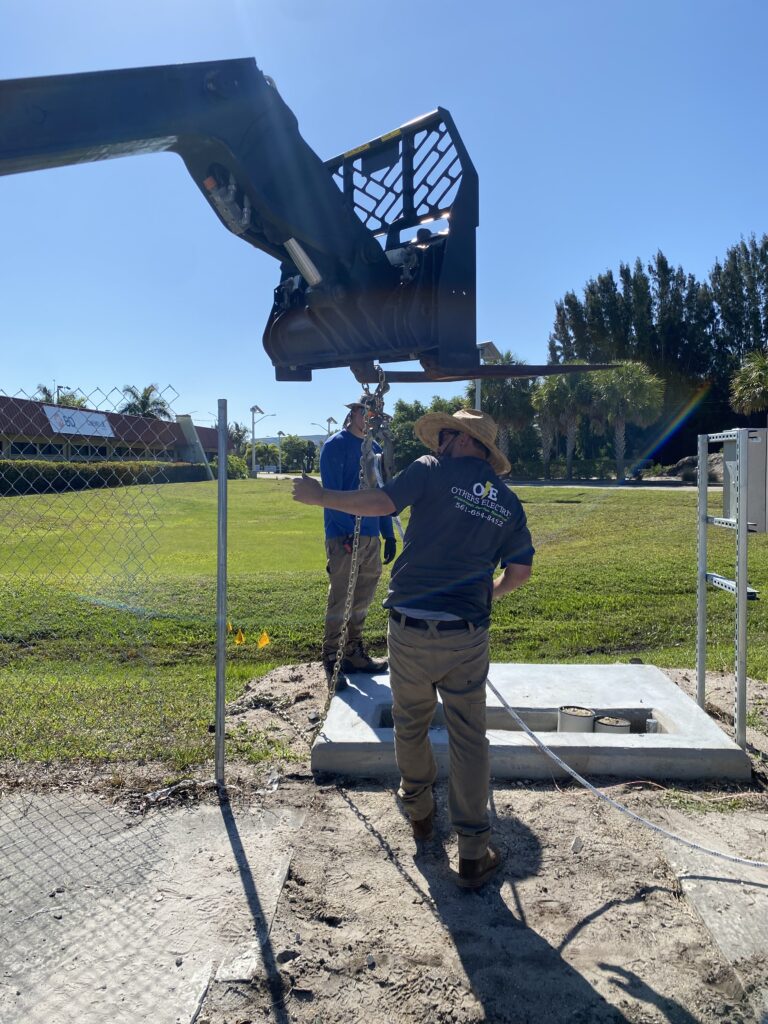
Conclusion
So, what is a commercial electrician? They are the specialists responsible for powering and maintaining the electrical infrastructure of commercial spaces—offices, schools, hospitals, retail chains, and more. Their role is vital in keeping modern society running smoothly and safely, especially in complex, high-demand environments like Florida.
With the growing push for energy efficiency and storm preparedness, commercial electricians are more important than ever. If you’re building, renovating, or upgrading a commercial space in Florida, the team at Others Electric offers the knowledge, licensing, and hands-on experience to get the job done right.
To dive deeper into safe commercial electrical practices, visit the ESFI or explore Florida Building Code resources for compliance information.
